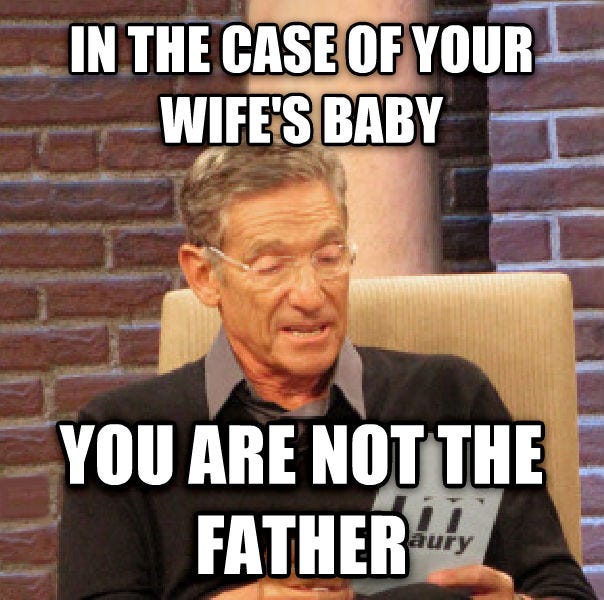Froglaw
Full Member
There are plenty of justified lawsuits but let's not pretend that there aren't gobs of silly lawsuits.
And lawyers need to understand the stress that lawsuits put on good people like GMFP.
My dad was a urologist and was sued by a patient who had undergone a vasectomy; his wife had subsequently become pregnant. My dad was very stressed and upset until the patient eventually found out what they could have figured out before they put my dad through all of that:

I assume that the case was dismissed and your fathers reputation vindicated.
In other words, the judicial system worked and your father had to endure some uncomfortable days.
I get that.
Most lawyers have similar stories regarding false claims. That includes yours truly.
However, our cases are heard and justice prevails by an overwhelming majority.
So the alternative is to put locks on our public courthouses.
What then?
Drunk drivers, child abusers, bad lawyers, bad doctors, bad nursing homes all get a free pass to victimize the very people they were supposed to not harm and to protect?
That would not be a system that I would want to live in and I'm sure your father would not like it either.

